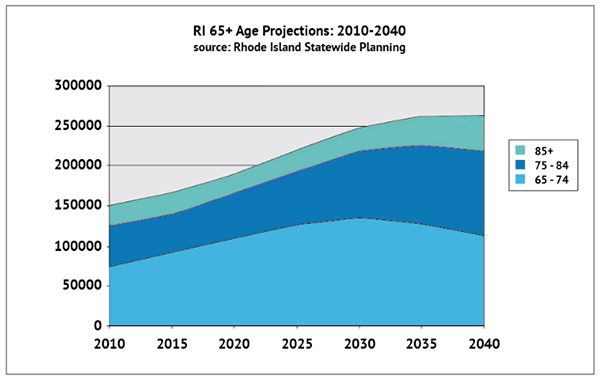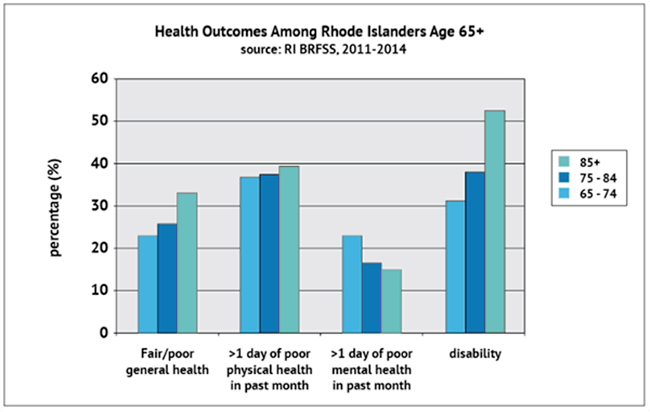— Age-Friendly —
What is an Age-Friendly Community?
Communities that promote the health, participation and security of older adults are described as “age-friendly.” Efforts to improve age-friendliness have been underway around the globe, thanks to the World Health Organization’s Age-Friendly Cities Initiative as well as the American Association of Retired Persons (AARP) Livable Communities Project. These projects work to enhance the lives of older citizens through partnerships between public service agencies, advocacy groups, businesses, educational, faith-based, and cultural organizations. Using this framework, we are making Rhode Island into a much more livable, age-friendly place.
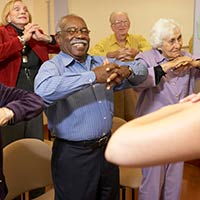

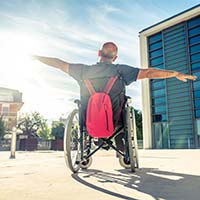
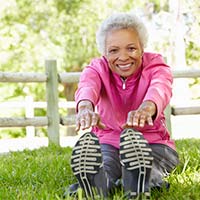
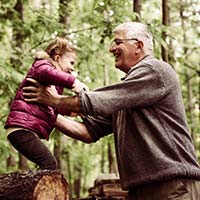
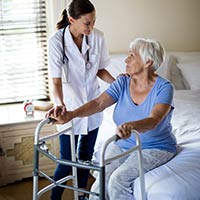
Rhode Island’s Older Population on the Rise
Rhode Islanders are living longer than ever. Projections from the Statewide Planning Office indicate that by 2030.
- The percentage of people age 65+ will increase from 15.8% in 2014 to 23.1% in 2030.
- By 2040, there will be a 100% increase in people aged 74 - 84 and a 72% increase in those 85+
- Rhode Island also has the highest proportion of adults age 85+ in the country.
These changing demographic trends present a unique opportunity to tap into Rhode Island's ingenuity, creativity and sense of community to develop solutions to the evolving needs in our State.
Health Issues Increase
Studies reflect what we all suspect; health issues often increase with age. Data from the Rhode Island Department of Health found that the majority of older Rhode Islanders have two or more chronic diseases, while 50% of those over the age of 85 have some sort of physical limitation.
The recently released Rhode Island 2016 Healthy Aging Data Report funded by the Tufts Health Plan Foundation provides community profiles for every city and town including population characteristics and healthy aging indicators. This report is a valuable tool to support healthy aging in Rhode Island.
Domains Of Livability: Nine Key Areas of focus
The nine domains, or key areas of concern, identified as being the most vital to elderly Rhode Islanders are:

